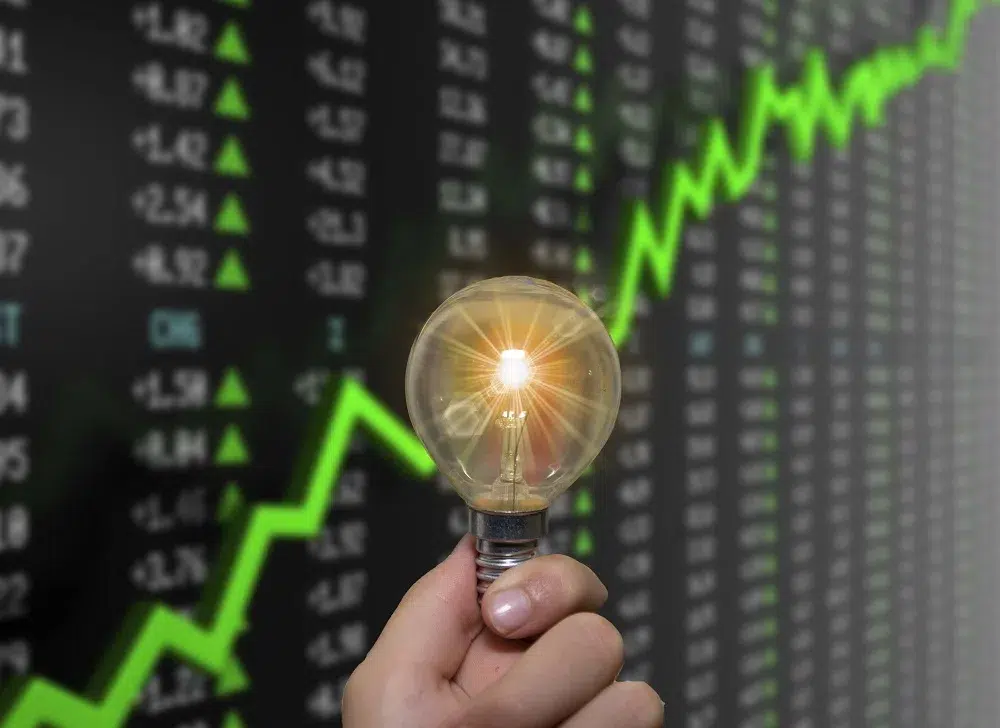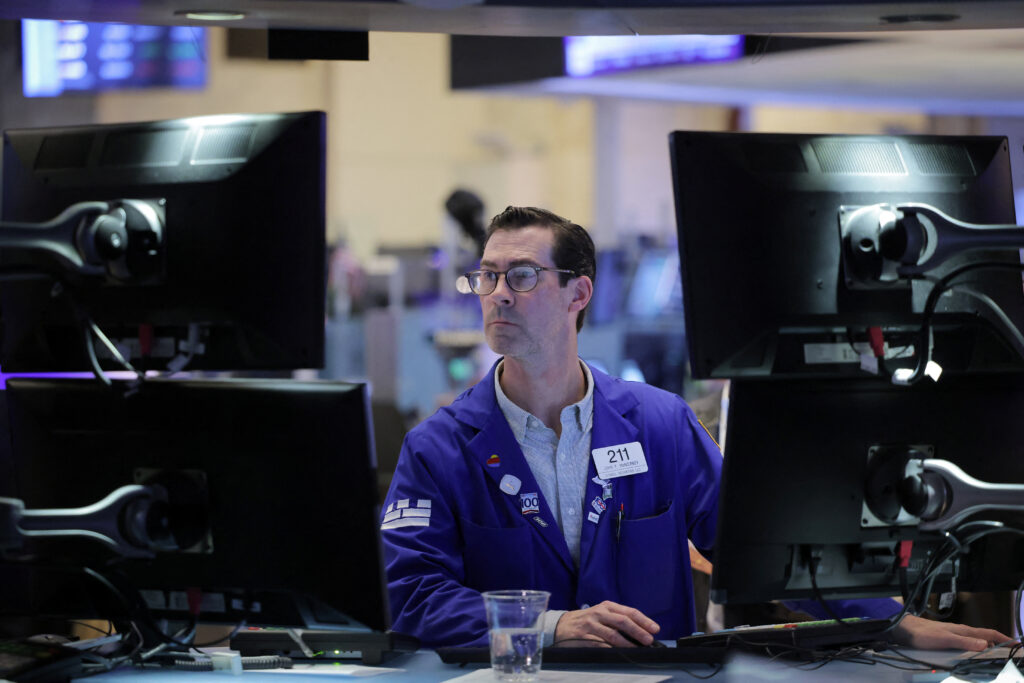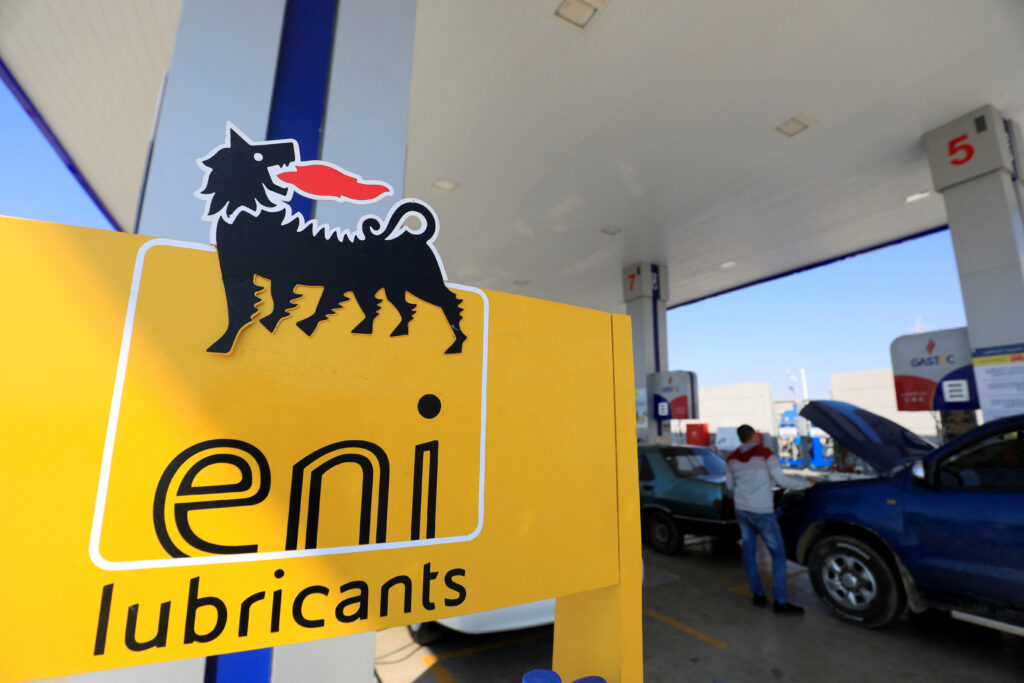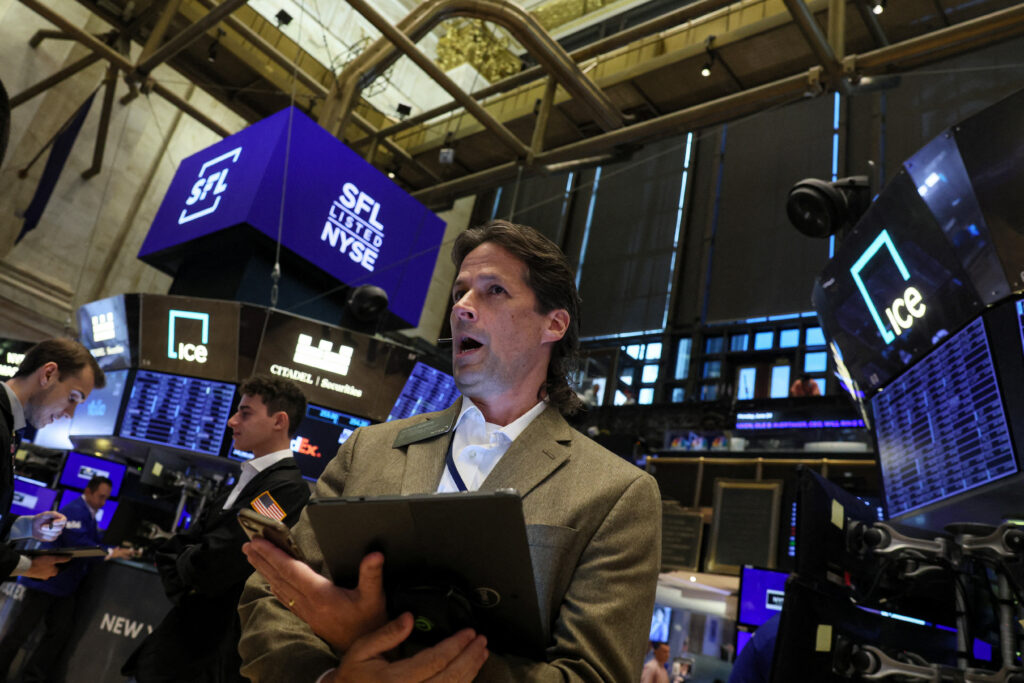Chesapeake Energy Corporation (CHK) is a leading American natural gas and oil exploration & production company. Headquartered in Oklahoma City, Oklahoma, Chesapeake has a long history in the energy sector, dating back to 1989. Their CHK stock is traded on the New York Stock Exchange (NYSE).
In 2023, Chesapeake had an operating cash flow of $470 million and a free cash flow of $91 million. With a net zero greenhouse gas emissions target by 2035, Chesapeake is dedicated to securely meeting the need for low-carbon, dependable, and reasonably priced energy.
If you have been thinking about investing in Chesapeake energy stock, then you should know everything about it: its current price, performance, history, prediction, and every other thing. So, let’s just move forward!
What is Chesapeake Energy Stock (CHK)?
Owning a share of Chesapeake Energy stock (CHK) signifies partial ownership in the company. Shareholders have a claim on Chesapeake’s profits and a voice in its governance through voting rights. The price of CHK fluctuates based on various factors, including:
- Company Performance: Chesapeake’s profitability, production levels, reserves, and debt all influence investor confidence and, ultimately, the stock price.
- Energy Market Conditions: The global oil and gas market significantly impacts CHK. Prices of natural gas and oil directly affect Chesapeake’s revenue potential.
- Investor Sentiment: Overall, market optimism or pessimism towards the energy sector, or Chesapeake specifically, can drive stock price movements.
Current Price of Chesapeake Energy Stock (CHK)
Currently, Chesapeake Energy Stock (CHK) is trading around $82.85. Currently, Chesapeake has four frac crews—two in each basin—and nine rigs—five in the Marcellus and four in the Haynesville. The company intends to delay putting wells on production while lowering rig and completion activity in light of the present market conditions.
However, understanding the current price requires delving deeper into the factors influencing it.
- Market Dynamics: The oil & gas industry is inherently volatile, and global energy market conditions heavily influence the price of Chesapeake energy stock. Recent surges in oil and gas prices have fueled CHK’s rise. Still, any significant shift in the market, like increased production from OPEC or a global economic slowdown, could trigger price fluctuations.
- Company Performance: Chesapeake’s financial health plays a crucial role. Investors consider the company’s profitability, production levels, reserves, and debt when making investment decisions. A strong financial performance with increased production and lower debt would likely lead to increased investor confidence, potentially driving the price up. Conversely, financial struggles or production declines could cause the price to drop.
- Investor Sentiment: The overall market mood toward the energy sector and Chesapeake significantly impacts the stock price. If investors are optimistic about the future of oil and gas and Chesapeake’s position within it, the price will likely rise. Conversely, a bearish sentiment towards the industry or the company could drive the price down.
- Short-Term Fluctuations: It is important to remember that stock prices fluctuate throughout the trading day. News announcements, analyst ratings, and even large investor buys or sells can cause temporary price movements. These short-term fluctuations don’t necessarily reflect long-term trends but can offer insights into current market sentiment.
Historical Performance of Chesapeake Energy Stock (CHK)
Chesapeake Energy (CHK) has had a tumultuous journey in the stock market, marked by significant highs and lows. Founded in 1989, the company initially experienced growth and expansion, driven by its focus on drilling horizontal natural gas wells in unconventional reservoirs. However, its stock performance took a hit in the mid-1990s when the company faced setbacks in extending its operations into new regions.
Despite facing challenges, Chesapeake Energy went public in 1993 with a valuation of $25 million, signaling its ambitions for growth and expansion. The company’s stock saw fluctuations over the years, influenced by factors like changes in commodity prices, industry trends, and corporate decisions.
In the early 2000s, Chesapeake Energy shifted its focus to unconventional drilling in carbonates, tight sandstone, and shale formations, capitalizing on rising natural gas prices. This strategic shift contributed to a period of growth and profitability for the company, reflected in its stock performance.
However, Chesapeake Energy faced scrutiny and controversy in the mid-2010s following revelations of corporate governance issues and financial mismanagement under its co-founder and former CEO, Aubrey McClendon. These issues negatively impacted investor confidence and led to a company’s stock value decline.
The company’s stock performance further deteriorated in the following years, exacerbated by layoffs, asset sales, and legal troubles. Chesapeake Energy’s bankruptcy filing in June 2020, with $7 billion in debt, marked a significant low point in its history.
Despite its challenges, Chesapeake Energy has demonstrated resilience and recovery, as evidenced by its emergence from bankruptcy protection in February 2021. The company has since pursued strategic acquisitions, such as Vine Energy and Chief Oil & Gas, signaling its efforts to reposition and rebuild.
The announcement of Chesapeake Energy’s agreement to purchase Southwestern Energy in January 2024 indicates its continued pursuit of growth and consolidation within the industry. While the historical performance of Chesapeake Energy stock has been characterized by volatility and challenges, its recent strategic initiatives suggest a potential for renewed stability and growth in the future. Investors will closely monitor the company’s progress and performance as it navigates the evolving energy landscape.
Prediction for Chesapeake Energy Stock (CHK)
By January 18, 2025, Wall Street analysts, on average, believe that the share price of Chesapeake Energy stock may reach $97.33. From the present Nasdaq CHK share price of $82.81, the average Chesapeake Energy stock price projection suggests a possible upside of 17.54%.
Predicting the future of any stock is uncertain. However, financial analysts offer insights based on their research and industry knowledge. Here’s a breakdown of current analyst predictions for CHK:
- Price Targets: Analysts have set average price targets for CHK within a range, typically for 12 months. Based on their forecasts, these targets represent what analysts believe the stock price could reach. Currently, the average price target for CHK sits around $101.76, with some analysts predicting higher and others predicting lower based on their assessments.
- Buy/Hold/Sell Ratings: Analysts also assign ratings to stocks, indicating their overall recommendation. For CHK, the current consensus might be a “Moderate Buy,” suggesting analysts believe the stock has growth potential but with some inherent risk.
It is crucial to understand that these are merely predictions, not guarantees. Investors should consider this information alongside their research and risk tolerance before making investment decisions.
Is it worth Investing in Chesapeake Energy Stock?
Investing in CHK hinges on your risk tolerance and investment goals. Here’s a quick breakdown:
- Potential Upsides: Recent price increases and a focus on natural gas, a growing energy source, offer potential for growth.
- Downsides: The oil and gas industry is inherently volatile, and CHK carries significant debt.
- Before You Invest: Research CHK’s financials, debt levels, and plans. Consider analyst predictions and industry outlook. Remember, past performance doesn’t guarantee future success.
- The Verdict: CHK offers a chance at high returns but comes with substantial risk. That’s why, before choosing a choice, one should thoroughly consider the advantages and disadvantages.
Factors to Consider Before Investing in Chesapeake Energy Stock (CHK)
While the recent price increase for CHK is enticing, there are vital factors to consider before investing:
- Market Volatility: The oil & gas industry is inherently volatile, and CHK’s price will likely fluctuate significantly depending on global energy market conditions.
- Debt Levels: Chesapeake’s substantial debt load may make it more difficult for the company to invest in expansion or pay future dividends.
- Environmental Concerns: As the world focuses on renewable energy sources, the long-term viability of the oil and gas industry is a question mark.
- Company Management: The leadership team’s track record and future strategies are crucial to the company’s success and, ultimately, the stock price.
However, investing in this mid-cap stock can be overwhelming, so one should be prepared beforehand. If you are considering investing in CHK or any other stocks, you should look here!
Conclusion
Investing in Chesapeake energy stock can be a great option. However, one should predict this first by reading online on different financial websites because then only you can invest in a better way and get a chance to have high returns in the future.
Peter Williams, a financial writer with over five years of experience, specializes in covering stock market movements, bond markets, commodities, and macroeconomic trends.










